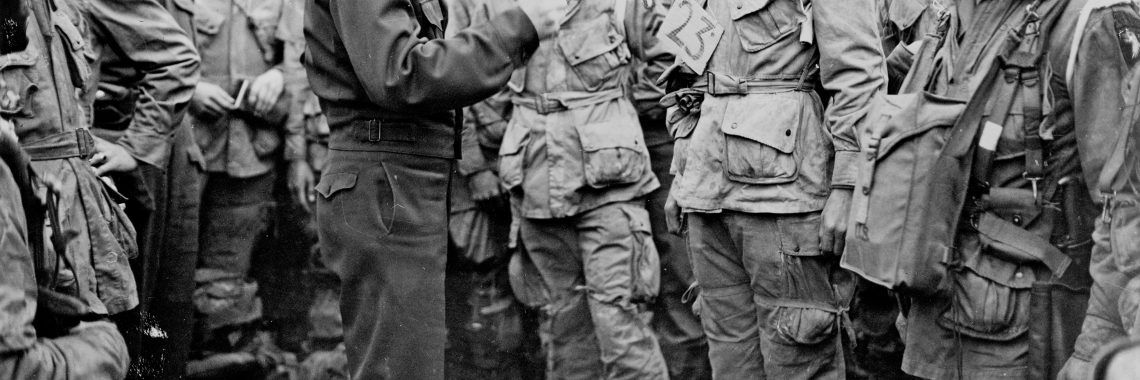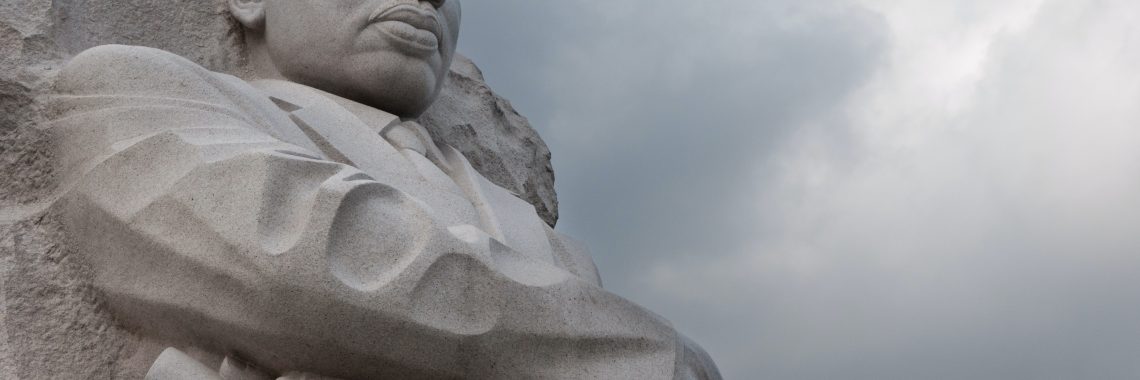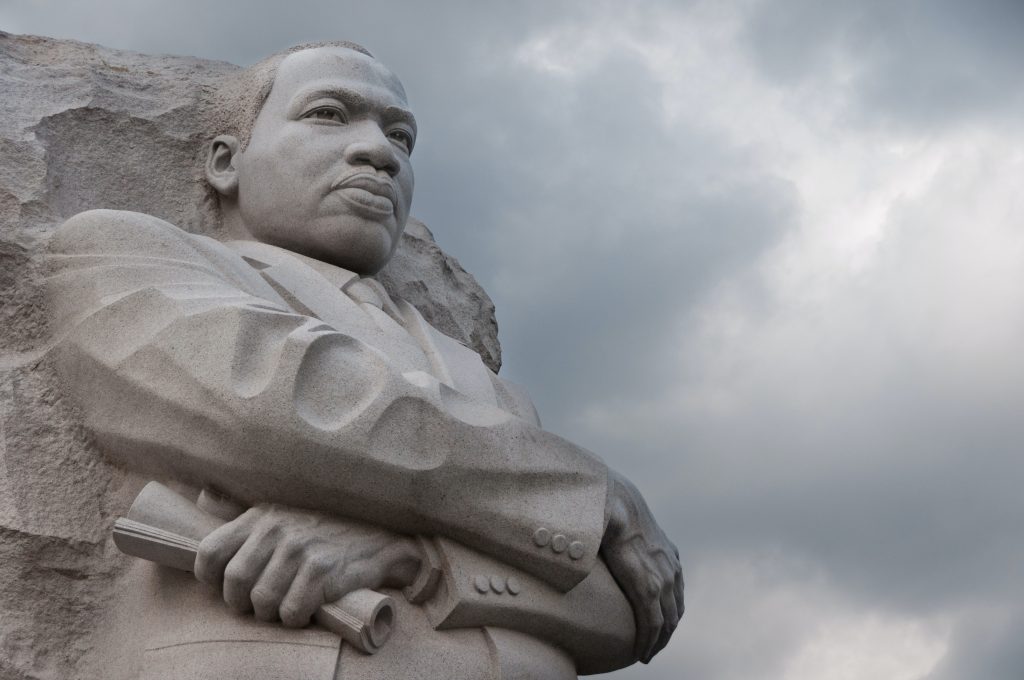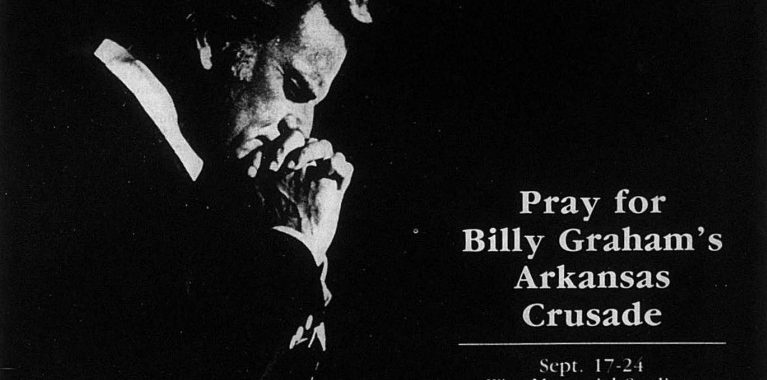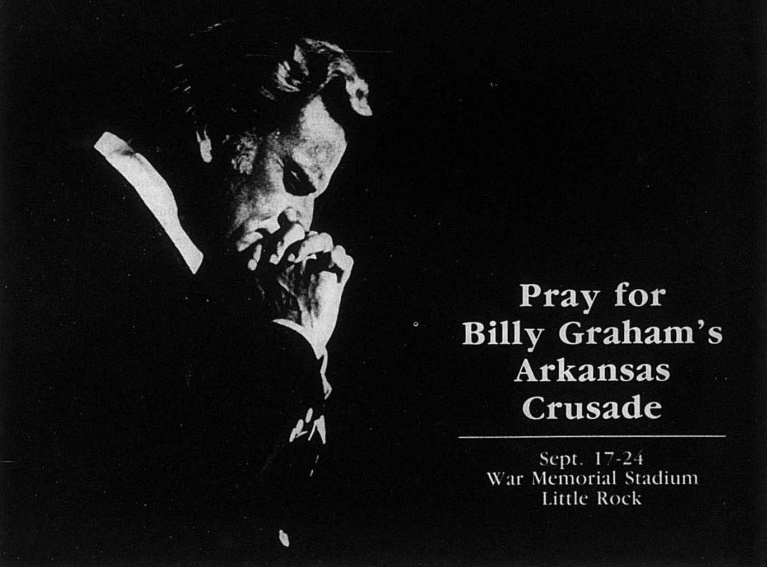Read the Very First Presidential Veterans Day Proclamation
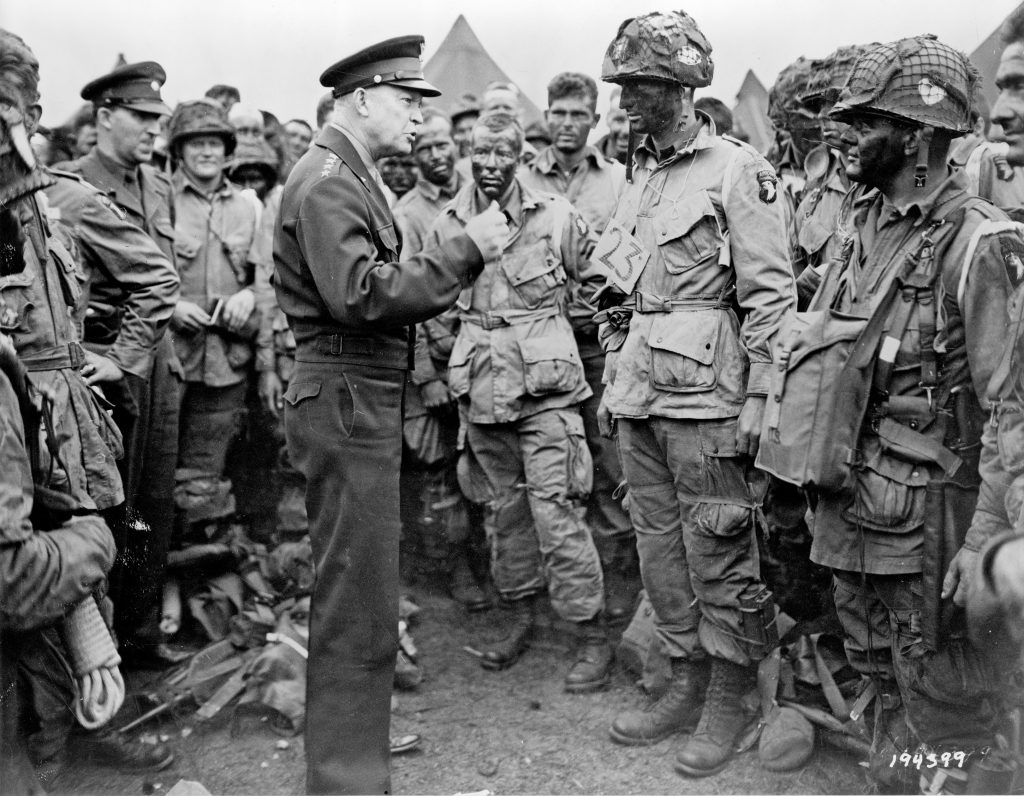
Today marks Veterans Day, a day when we remember those who have served our nation and defended our freedoms.
In celebration of this day, we would like to share President Dwight D. Eisenhower’s Veterans Day proclamation issued in 1954.
Eisenhower served as Supreme Commander of the Allied Expeditionary Force in Europe during World War II. As general, he oversaw the Allied invasion of Normandy, the liberation of Europe, and the surrender of Germany. In November of 1952 he was elected President of the United States.
In June of 1954, Congress designated November 11 as Veterans Day in honor of the nation’s veterans, and President Eisenhower issued the very first Veterans Day proclamation later that year. Since then, every U.S. President has issued proclamations honoring America’s veterans on November 11.
You can read the very first presidential Veterans Day proclamation below.
PROCLAMATION 3071
VETERANS DAY, 1954
BY THE PRESIDENT OF THE UNITED STATES OF AMERICA
A PROCLAMATION
WHEREAS it has long been our custom to commemorate November 11, the anniversary of the ending of World War I, by paying tribute to the heroes of that tragic struggle and by rededicating ourselves to the cause of peace; and
WHEREAS in the intervening years the United States has been involved in two other great military conflicts, which have added millions of veterans living and dead to the honor rolls of this Nation; and
WHEREAS the Congress passed a concurrent resolution on June 4, 1928 (44 Stat. 1962), calling for the observance of November 11 with appropriate ceremonies, and later provided in an act approved May 13, 1938 (52 Stat. 351), that the eleventh of November should be a legal holiday and should be known as Armistice Day; and
WHEREAS in order to expand the significance of that commemoration and in order that a grateful nation might pay appropriate homage to the veterans of all its wars who have contributed so much to the preservation of this Nation, the Congress, by an act approved June 1, 1954 (68 Stat. 168), changed the name of the holiday to Veterans Day;
NOW, THEREFORE, I, DWIGHT D. EISENHOWER, President of the United States of America, do hereby call upon all of our citizens to observe Thursday, November 11, 1954, as Veterans Day. On that day let us solemnly remember the sacrifices of all those who fought so valiantly, on the seas, in the air, and on foreign shores, to preserve our heritage of freedom, and let us reconsecrate ourselves to the task of promoting and enduring peace so that their efforts shall not have been in vain. I also direct the appropriate officials of the Government to arrange for the display of the flag of the United States on all public buildings on Veterans Day.
In order to insure proper and widespread observance of this anniversary, all veterans, all veterans’ organizations, and the entire citizenry will wish to join hands in the common purpose. Toward this end, I am designating the Administrator of Veterans’ Affairs as Chairman of a Veterans Day National Committee, which shall include such other persons as the Chairman may select, and which will coordinate at the national level necessary planning for the observance. I am also requesting the heads of all departments and agencies of the Executive branch of the Government to assist the National Committee in every way possible.
IN WITNESS THEREOF, I have hereunto set my hand and cause the Seal of the United States of America to be affixed.
DONE at the City of Washington this eighth day of October in the year of our Lord nineteen hundred and fifty-four, and of the Independence of the United States of America the one hundred and seventy-ninth.
DWIGHT D. EISENHOWER
By the President:
JOHN FOSTER DULLES,
Secretary of State.
Articles appearing on this website are written with the aid of Family Council’s researchers and writers.

